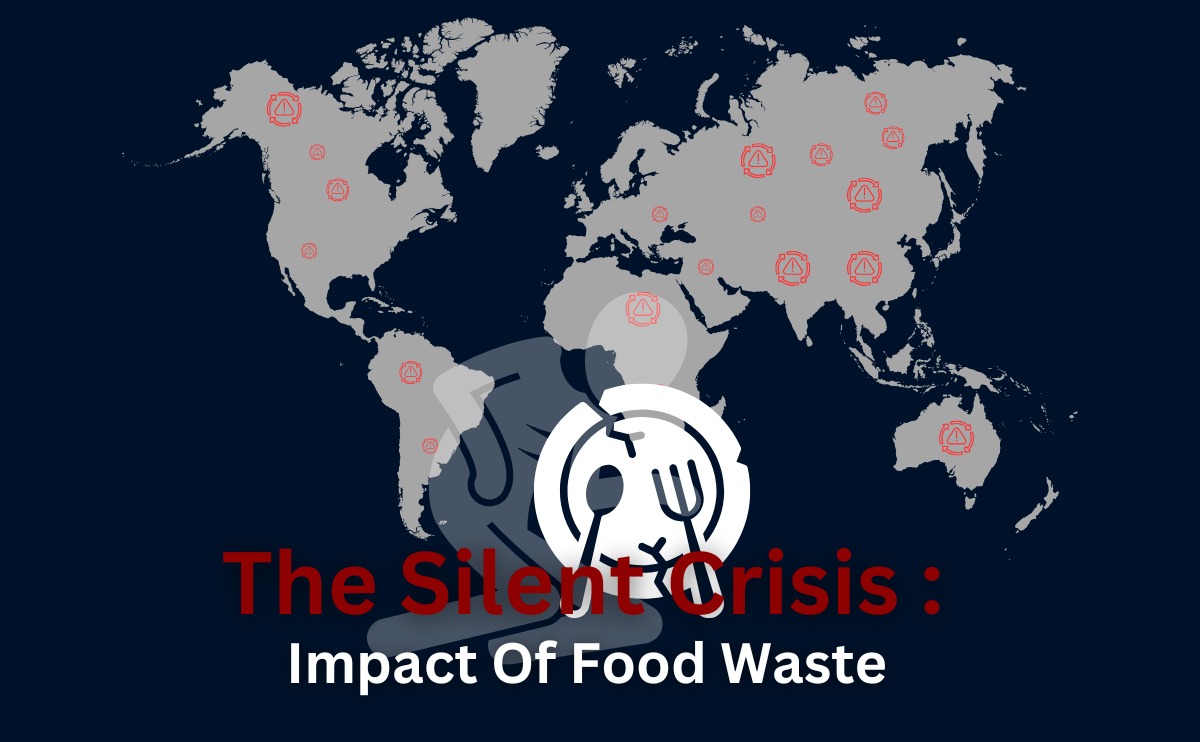Blog
The Silent Crisis: The Impact of Food Waste

Food waste is a global issue with far-reaching consequences. Every year, millions of tons of food is wasted, contributing to environmental degradation, economic loss, and social injustice.
Environmental Impact
Food waste often ends up in landfills, where it decomposes and releases methane, a potent greenhouse gas that contributes to climate change. The production of wasted food consumes significant amounts of water, land, and energy resources. Deforestation for agriculture often contributes to food waste, as it leads to inefficient farming practices.
Economic Impact
Food waste leads to significant financial losses for farmers, retailers, and consumers. The cost of food waste is often passed on to consumers in the form of higher prices.
Social Impact
While billions of people around the world struggle with hunger and food insecurity, vast amounts of food are wasted. This disparity highlights the urgent need to address food waste and improve food distribution.
The Devastating Consequences
The environmental, economic, and social impacts of food waste are far-reaching and interconnected. By reducing food waste, we can reduce greenhouse gas emissions and protect our planet, preserve valuable resources like water, land, and energy, help feed the hungry and reduce food insecurity, support local farmers and businesses.
Taking Action
Every individual can play a role in reducing food waste. By making conscious choices and adopting sustainable practices, we can collectively make a significant impact.
By taking small steps, we can reduce our environmental footprint, save money, and help feed those in need. Let’s work together to build a more sustainable future, one meal at a time.
Let’s work together to build a more sustainable future, one meal at a time and wrap up a healthier, happier future, together.
